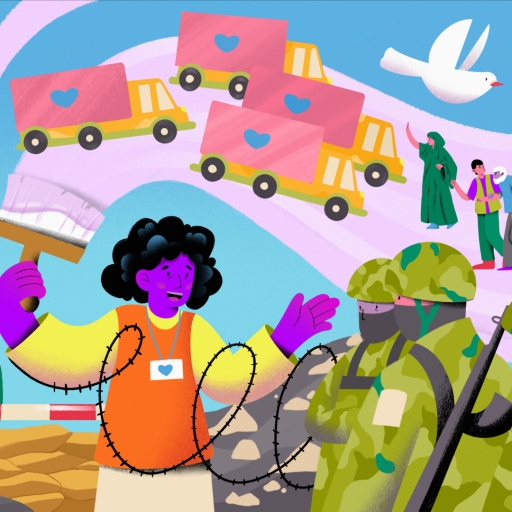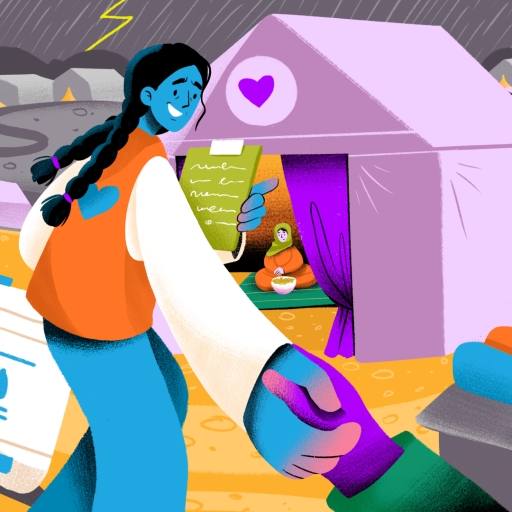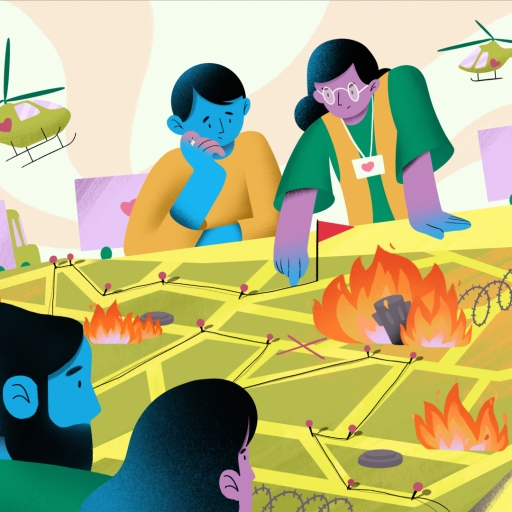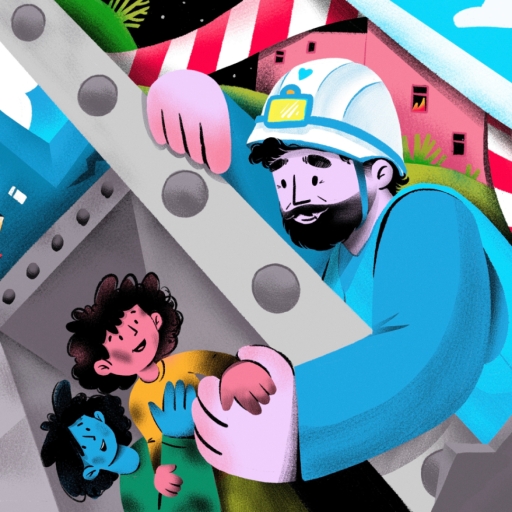The Negotiator

In crisis situations, humanitarians must be able to reach people in need to provide assistance. Equally, affected communities must be able to access that assistance themselves. Access is therefore fundamental to effective humanitarian action. In some situations – particularly in situations of armed conflict – negotiators must engage with parties who hinder humanitarian access and with those who can facilitate it.
Humanitarian negotiations take place at different levels, from facilitating access for aid convoys at checkpoints in remote locations and across combat lines, to high-level international negotiations with Heads of State, but always with respect to international humanitarian law, and with the humanitarian imperative to alleviate human suffering in mind.
Successful negotiators have excellent interpersonal and language skills, and they understand cultural and local-context dynamics and the interests of all parties involved.











